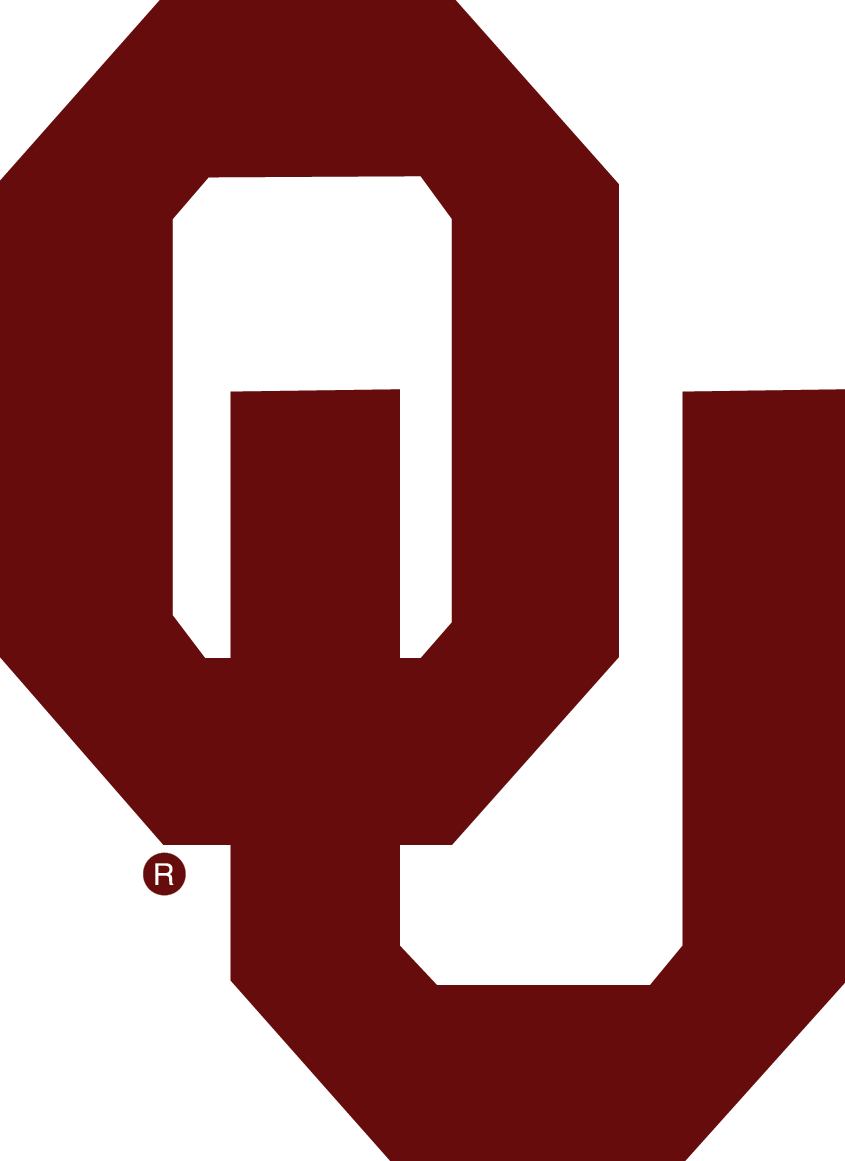If bad weather develops while the intern is at school, official notice of closing and cancellation of classes is valid only when originating from the Provost's Office. This notice is communicated to interns in classes and clinical facilities as soon as it is received.
If the intern is scheduled for patient care activities in hospitals and clinics at the time a weather closing occurs, interns are expected to mirror preceptors in attendance. If the facility is open and the intern is assigned to be there, he or she is expected to report for duty and complete tasks as assigned. Under no condition should interns abruptly leave clinical facilities as this may compromise the care of patients and leave a poor impression with the clinical staff of the facility. Even if the university is closed by order of the Provost, interns are expected to report to the rotation. In the event the intern cannot get to the site, he or she must do the following:
-
Call the preceptor (do not email). On the first day at the site, you should ask for a number at which to call them.
-
Call the DI director and clinical coordinator to let them know that you have called the preceptor and received approval to either be absent or come in late. If the DI director/clinical coordinator cannot be reached via phone, contact via email.
-
Let the DI director and clinical coordinator know whether you want to take a personal day or what the plan is to make up the hours if you are late or have an approved absence.
If the clinical facility in which the intern is working closes, and the College does not, the intern is not excused from attending classes or clinical activities for that day. The intern must contact the clinical coordinator or DI Director immediately for instructions regarding alternate clinical education activities (e.g., temporary move to another site) or making up missed time.
If hazardous weather develops while at home, information regarding the closing of the Health Campus and cancellation of classes is available via the news media. If the intern fails to gain information by this means, call the OUHC number for hazardous weather information is 405-271-6499.
If the intern fails to report to their location because of hazardous weather, the absence will not be excused. The intern is required to contact the clinical facility preceptor and the DI Director and Clinical Coordinator to inform them of the intended absence. If you cannot speak to the faculty or supervisor directly, leave a specific message with the time, date, message, and phone number where the intern can be reached. If an intern does not follow the policy, the DI staff will write a Professional Concerns Report that may impact the course grade.

